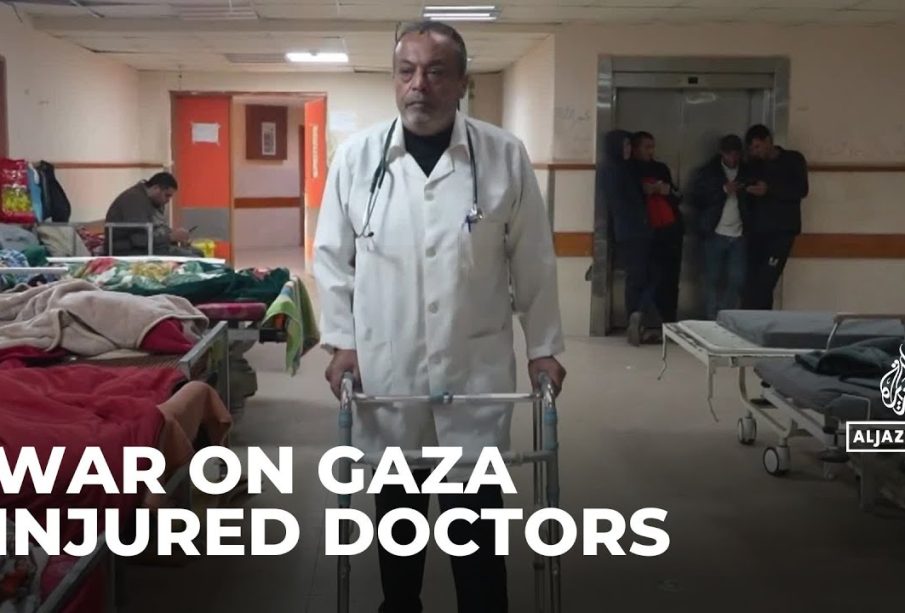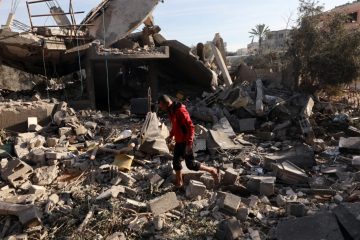Gaza Doctors Under Attack: A Humanitarian Crisis

Introduction
The ongoing conflict in Gaza has escalated to unprecedented levels, with reports indicating that medical professionals are increasingly becoming targets of violence. The implications of such actions extend beyond the immediate physical threats to healthcare workers; they pose a severe risk to the entire healthcare system in the region. As medical staff work tirelessly to provide essential services in the midst of chaos, the challenges they face have garnered international attention, highlighting the urgent need for protective measures and support for healthcare in conflict zones.
Details of Current Attacks
Recent incidents have documented increasing attacks on medical facilities and personnel in Gaza. According to the World Health Organization, over 20 hospitals have sustained damage due to airstrikes in recent weeks, and at least 200 medical staff have reported attacks or threats while performing their duties. These incidents often occur while health workers are trying to treat civilians injured in the violence, further compounding the existing humanitarian crisis.
The United Nations has condemned these actions, asserting that attacks on healthcare workers violate international humanitarian law, which mandates the protection of medical personnel and facilities in conflict situations. Despite international calls for restraint, reports indicate a troubling trend where doctors and nurses are pulled away from their crucial roles due to fears for their safety.
Impact on Healthcare Services
The attacks on healthcare professionals and facilities have led to dire consequences for public health in Gaza. With many doctors fleeing the region or limiting their exposure to danger, hospitals are overwhelmed as they struggle to serve a growing number of casualties. Reports indicate that medical supplies are dwindling, and the healthcare system is nearing collapse. Patients with chronic illnesses face increasing challenges as essential treatments are disrupted, leading to preventable suffering and deaths.
Conclusion
The plight of doctors in Gaza serves as a sobering reminder of the broader humanitarian crisis generated by armed conflict. As healthcare workers are attacked, the already fragile medical system teeters on the edge of failure, leaving countless civilians without access to life-saving services. The international community must intervene not only to halt violence against healthcare providers but also to provide much-needed support to rebuild and protect the healthcare infrastructure in Gaza. Without urgent action, the risk to human life will continue to escalate, making timely medical care increasingly inaccessible for those who need it most.






